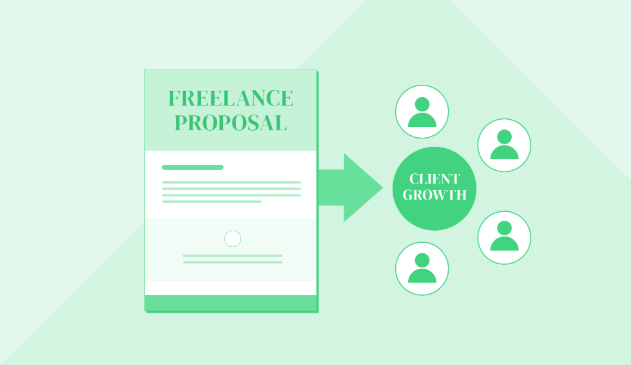Freelancing can be an excellent way for students to earn money and gain professional experience. If you’re a writer, graphic designer, photographer, or have other skills, creating a solid freelance proposal is essential to landing your first project. A freelance proposal is your chance to convince potential clients that you’re the best person for the job. Here’s how to write the perfect freelance proposal, even as a student.
Start with a Good Introduction
Make a Strong First Impression
The introduction is your first chance to grab the client’s attention. Start with a brief greeting and explain your excitement about the project. Mention how you heard about the position and highlight any relevant skills or experience you have. Keep a professional but friendly tone, showing your enthusiasm and willingness to help the client meet their needs.
For example, if you’re applying for a writing job, you could say:
Hi [Client Name], I hope you are well! I found your job posting and was eager to learn more about the content writing you need. As a student with experience writing research papers and blog posts, I can provide you with the high-quality content you seek.
Show that you understand the client’s needs
One of the most essential parts of a proposal is showing you know what the client is looking for. Take the time to read the job description and requirements provided to you carefully. Address the key points in your proposal to show that you have paid attention to detail.
For example, if the client needs a blog post on a specific topic, you could say:
I understand that you need a blog post on the importance of sustainable living. Based on current trends in environmental science, I can create engaging and informative content.

Highlight your skills and experience
You may not have years of professional experience as a student, but that doesn’t mean you lack relevant skills. Mention any academic work, projects, internships, or personal freelance work related to the position you are applying for. If you have done similar work in the past, including through your studies or volunteer work, mention it.
For example:
As a student, I wrote many essays and articles about sustainability for my classes and worked as a freelance writer for a local website. My academic knowledge and practical experience will help me deliver the quality content you seek.
Tailor your proposal to the position
Don’t send generic proposals to every client. Tailor your proposal specifically to the position. Mention the client’s unique needs, what you can offer, and why you are the best candidate. Customizing your proposal shows you are serious about the opportunity and have tried to understand the client’s goals.
You could say something like:
I noticed that you are looking for a writer who can create informative and engaging content for readers. This fits my writing style perfectly, and I can deliver an informative and enjoyable article with clear takeaways for your audience.
Set clear expectations and deadlines
A good Freelance proposal outlines what the client can expect from you, including deliverables, deadlines, and payment terms. Be clear about the project’s length and when the client can expect the final product. Setting these expectations upfront can help avoid misunderstandings later on.
For example:
I will be able to complete the blog post within 3 days of completing the topic and will deliver the final version in Word format.
Keep your proposal concise and professional
Clients often receive many proposals, so it’s essential to keep yours concise. Avoid rambling or including unnecessary details. Stick to the key points: what you can do, how you can help, and why you’re a good fit. Keep your tone professional but approachable.

Conclusion
Writing the perfect freelance proposal as a student is all about presenting your skills and enthusiasm clearly and professionally. You can make a lasting impression by starting with a strong introduction, addressing the client’s needs, highlighting your relevant skills, and setting clear expectations. Remember, every proposal is a chance to learn and improve. Don’t be discouraged if you don’t get every job you apply for—keep refining your Freelance proposal, and with time, you’ll increase your chances of landing projects and building a successful freelancing career!






